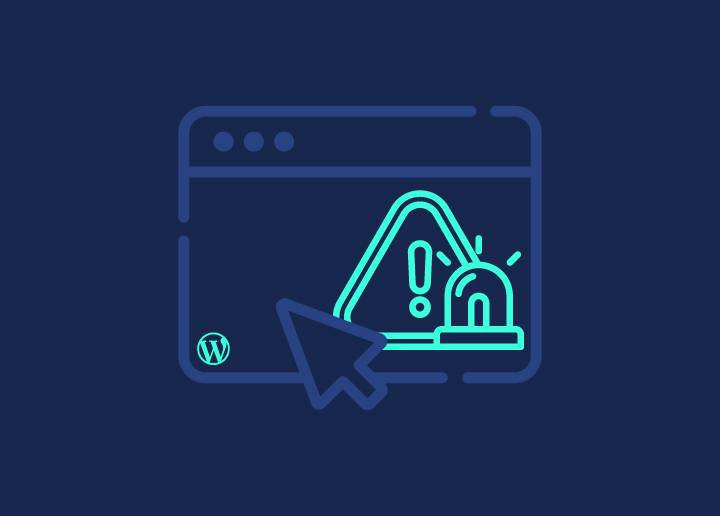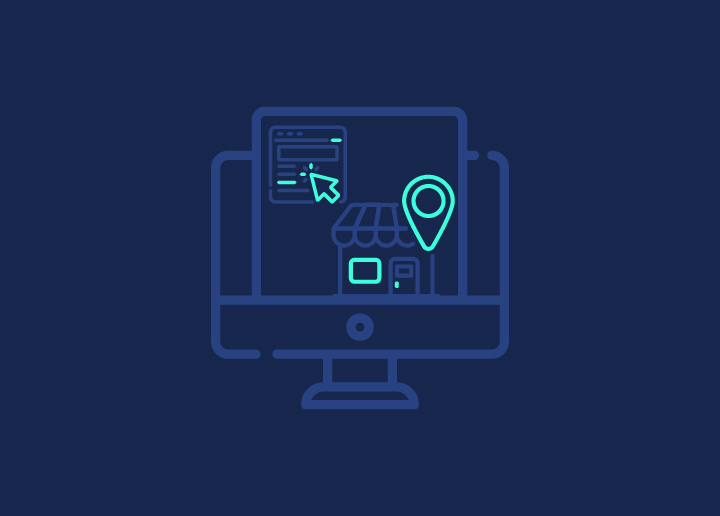Businesses constantly seek innovative strategies to expand their offerings and reach new customer segments. One such strategy is ‘White Labeling,’ a concept that has gained significant traction across various industries. White labeling involves a company producing a product or service, which is then rebranded and sold by another company under its brand name. This approach allows companies to offer a range of products or services without investing in the development or manufacturing process.
Contents
ToggleWhat is White Label? Simply Explained!
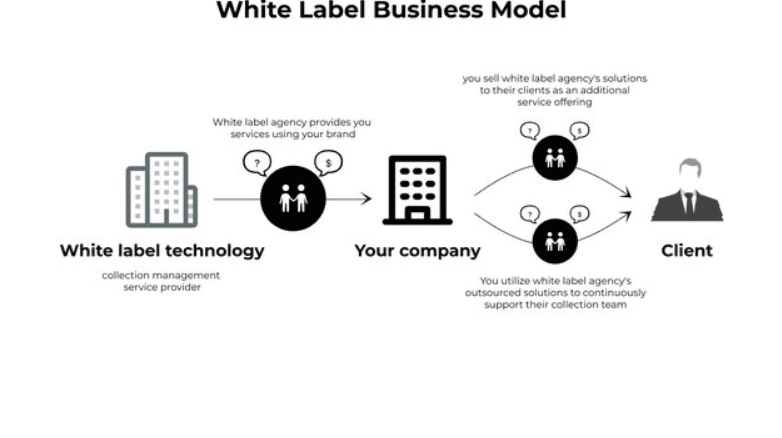
“White Label” refers to a product or service produced by one company but rebranded and sold by another company under its own brand name. This practice is common in various industries, including electronics, consumer products, software, and services. The idea is to allow the seller to offer a product or service without investing in creating the technology or infrastructure themselves.
Find: Private Vs. White Label: Which One Is Better?
The Concept of White Label
White label products and services are blank slates provided by manufacturers or service providers to be rebranded and sold by other companies. This differs significantly from traditional manufacturing, where a company develops, brands, and sells its products. In white labeling, the manufacturing company focuses solely on product development and production, leaving branding and marketing to the resellers.
Advantages of White Labeling
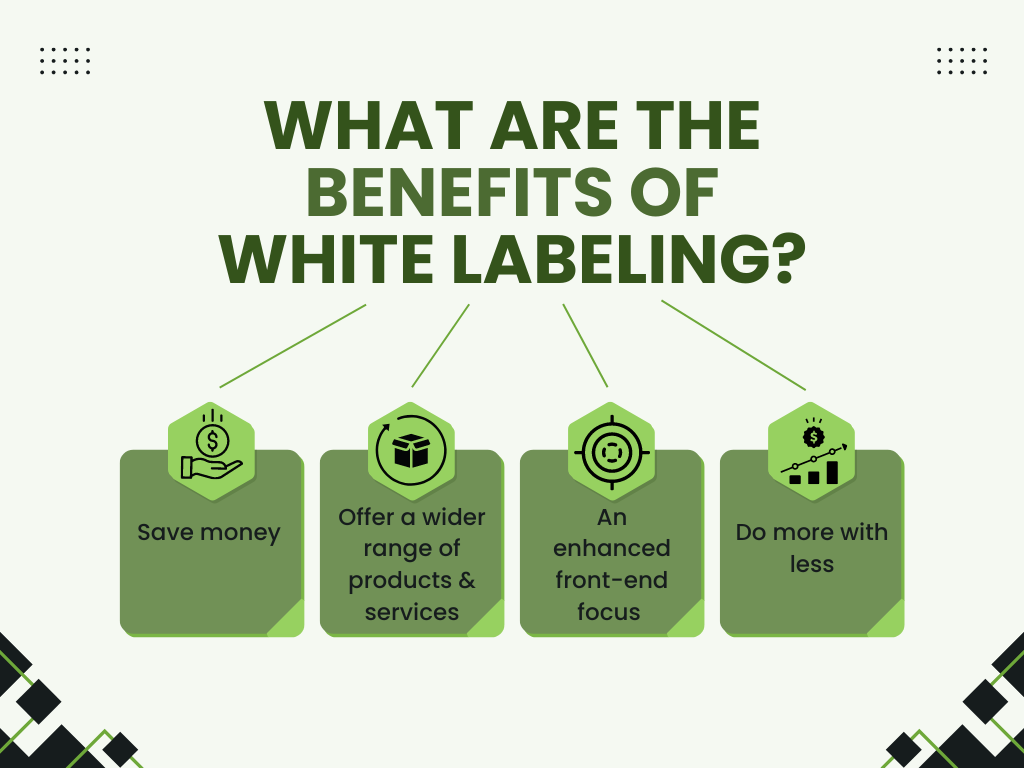
- Cost-effectiveness: White labeling eliminates the need for businesses to invest heavily in product development and manufacturing processes.
- Faster Market Entry: Companies can quickly add new products to their portfolio without the usual time lag of developing something from scratch.
- Branding and Customer Focus: Businesses can focus on building their brand and improving customer service, as the product development is already taken care of.
- Flexibility: White label products can be customized and tailored to meet specific market needs, allowing businesses to cater to niche markets effectively.
Learn: Why Your Business Needs White-Label WordPress Outsourcing?
Potential Disadvantages
- Supplier Dependence: Businesses might face risks related to product quality and supply chain consistency.
- Limited Product Control: There may be constraints in customizing product features and functionalities.
- Market Saturation Risks: The uniqueness of products can be compromised if similar white label products flood the market.
Read: Best White Label Website Builders
Industries Where White Label is Common
White labeling has become a popular strategy across various industries, allowing businesses to expand their product and service offerings without the complexities of in-house development. This approach is particularly prevalent in the following sectors:
Technology
This industry is a prime area for white labeling, especially in software and application development. Companies often use white label software solutions, including customer relationship management (CRM) systems, project management tools, and complex enterprise resource planning (ERP) software. These solutions are developed by specialized tech companies and rebranded by others to fit their client’s needs.
One significant area within technology is White Label WordPress Development Services. Here, agencies provide custom WordPress design and development services under their brand name despite the actual development work being carried out by a third-party expert in WordPress. This allows companies, especially digital marketing agencies, to offer bespoke website solutions without needing extensive in-house web development expertise.
Consumer Goods
The consumer goods sector widely embraces white labeling, encompassing various products from food and beverages to electronics and clothing. Retailers often sell white label products alongside branded goods, offering a cost-effective alternative to consumers. These products, manufactured by third parties, are customized to the retailer’s specifications and sold under their brand name, allowing retailers to effectively control pricing and marketing strategies.
Services
The service industry has seen a significant rise in white labeling, especially in digital marketing, SEO (Search Engine Optimization), and financial services. Agencies often resell white label services like SEO optimization, content creation, and social media management, providing tailored solutions to their clients under their brand. Financial services, including payment processing and investment platforms, are also commonly offered through white-label agreements, allowing companies to provide these services without developing a complex infrastructure.
Ready To Transform Your Business?
Unlock your brand’s potential with Seahawk’s White Label solutions, where quality meets expertise for creating success stories together!
Choosing a White Label Partner: Key Considerations
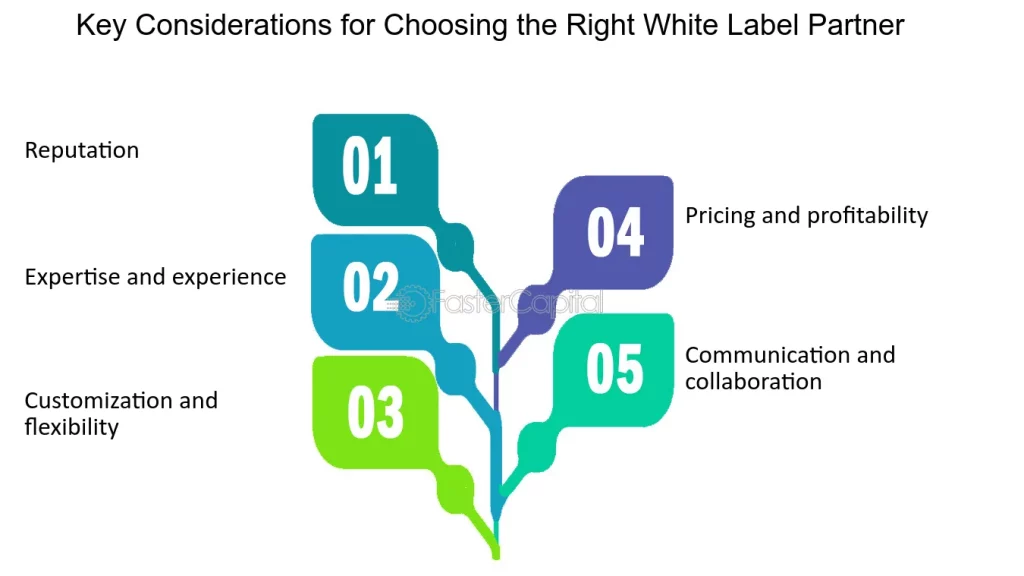
Selecting the right white label partner is crucial for the success of your white labeling venture. A suitable partner can enhance your brand’s reputation and contribute to business growth, while a poor choice can lead to subpar products and customer dissatisfaction.
For instance, choosing Seahawk as your white label partner aligns your business with a company renowned for its excellence in crucial areas essential to white labeling success.
Here are some detailed considerations to keep in mind when choosing a white label WordPress partner:
Reliability
At Seahawk, we pride ourselves on our proven track record of delivering quality white label WordPress development services consistently. This reliability is a cornerstone of our offering.
- Track Record: Evaluate the partner’s history in delivering products or services. Look for a consistent track record of fulfilling orders on time and meeting contractual agreements.
- Financial Stability: Ensure that the partner has a stable financial background. This stability is crucial for long-term collaboration and sustaining supply demands.
- Reputation: Research their reputation in the market. This can be done through reviews, testimonials, or consulting other businesses using their services.
- Communication and Responsiveness: A reliable white label partner should communicate effectively and respond promptly to queries or issues. This is essential for maintaining a smooth business operation.
Product Quality
At Seahawk, we have stringent quality assurance processes to ensure the high standard of our WordPress services. This commitment to quality is something to look for in a white label partner.
- Quality Assurance Processes: Investigate the partner’s quality control measures. Understand how they ensure the consistency and quality of their products or services.
- Compliance and Certifications: Check for relevant industry certifications and compliance with international or local standards, a testament to their commitment to quality.
- Sampling and Testing: Request samples or trial services to assess quality firsthand. This step is crucial in evaluating if the product or service meets your standards and expectations.
- Continuous Improvement: Consider if the partner invests in research and development for constant product improvement, which can be a significant advantage in staying competitive.
Read: Seahawk Vs. The White Label Agency
Support and Customization
One of our key strengths is our 24/7 customer support. This level of support is essential to address any issues promptly and ensure smooth operations for our partners.
- Customer Support: Assess the level and quality of customer support provided. A good partner should offer comprehensive support, including troubleshooting, training, and after-sales service.
- Customization Capabilities: Determine how much the partner can customize products or services to fit your needs. Flexibility in customization is vital for aligning the product with your brand and customer expectations.
- Technical Expertise: Ensure the partner has the necessary technical expertise, especially for complex products like software or electronic goods. This expertise is essential for adapting products to evolving market trends and customer needs.
- Integration with Your Business: Consider how easily their products or services can be integrated into your existing business model. Seamless integration is critical for efficient operation and presenting a unified brand to your customers.
How White Labeling Can Transform a Business
The transformative impact of white labeling on businesses is evident in its ability to redefine market presence, enhance service offerings, and improve customer satisfaction. When implemented effectively, this strategy can be a game-changer for businesses of all sizes. Let’s explore how white labeling can revolutionize a business model:
Rapid Service Expansion
White labeling enables small to medium-sized companies to diversify their service offerings quickly. For example, consider a small digital marketing agency primarily offering social media and content marketing services. The agency can provide end-to-end digital solutions by incorporating white label WordPress development services, including website design, development and management. This expansion attracts a broader clientele seeking comprehensive digital services and positions the agency as a one-stop shop for digital marketing solutions. Consequently, the agency sees an increase in client retention rates and a boost in its market reputation, all while managing costs effectively.
Cost-Effective Scaling
By adopting white label solutions, businesses can scale their operations without incurring significant costs associated with research and development, manufacturing, or specialist hiring. This aspect is particularly beneficial for startups and small businesses that might need more resources to develop complex products or services from scratch.
Brand Building and Customer Loyalty
White labeling allows companies to build their brand around diverse products and services. Businesses can foster stronger customer loyalty and trust by offering quality solutions under their brand name, even if the underlying product is sourced from a third party.
Market Responsiveness
With white labeling, businesses can quickly respond to market trends and customer demands. For instance, if there’s a surge in the need for a particular type of software or a new digital marketing technique, companies can readily add these to their offerings through white-label solutions, staying relevant and competitive.
Read: What Is A White Label Agency & How Does It Work
Focus on Core Competencies
White labeling allows companies to focus on their core competencies, such as customer service, brand building, and market penetration, while outsourcing the technical or specialized aspects of their offerings. This focus can lead to improved efficiency and better allocation of resources.
Risk Mitigation
Developing a new product or service in-house carries significant risks, including financial investment and market acceptance. White labeling mitigates these risks as businesses leverage already proven products and market them under their brand.
Global Reach and Networking
White-label partnerships can open doors to global business opportunities. Companies can access international products and services and introduce them to their local markets under their brand, expanding their global footprint.
Find: Best White Label SEO Service Providers
Conclusion
White labeling presents an array of opportunities for businesses looking to expand their product line or enter new markets without the associated risks and investments of product development. While it comes with its challenges, the strategic use of white label products and services, such as WordPress development services, can significantly enhance a company’s market presence and profitability. As the business evolves, white labeling stands out as a viable and effective strategy for growth and diversification.









